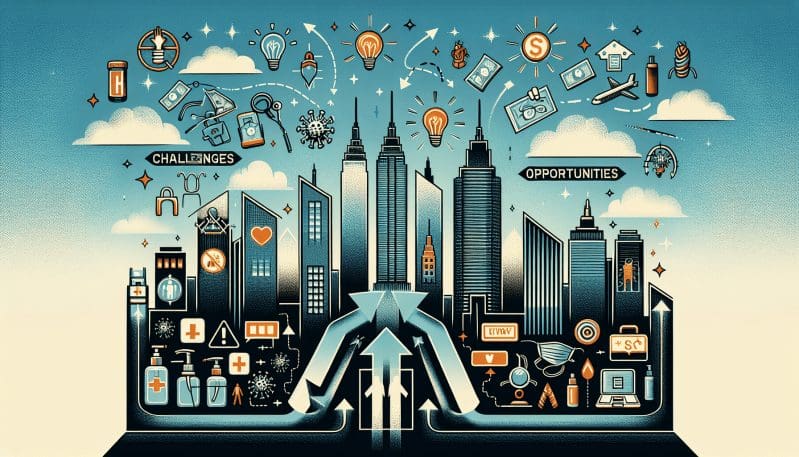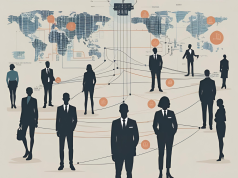As the world emerges from the shadows of the pandemic, New York’s bustling business landscape has been a witness to a dramatic transformation—a metamorphosis of workplace culture that echoes the tectonic shifts across the globe. This evolution is rewriting the social contract between employers and employees, redefining what it means to work, and reshaping the physical and psychological spaces we occupy.
The Pivot Towards Remote Work and Flexible Hours
The most conspicuous legacy of the pandemic era is the shift towards remote work. Once considered a perk, it has entrenched itself as a fundamental expectation among the workforce. Companies big and small have reconfigured their operations, moving away from the rigid 9-to-5 in favor of asynchronous work schedules and location independence. This shift, initially necessitated by health concerns, has found a strong foothold due to the benefits it affords both employees and employers—from reduced overhead costs to employees reclaiming invaluable hours once lost to commuting.
A Reimagined Focus on Work-Life Balance
Another facet of this evolution has been the increasing emphasis on work-life balance. The shared trauma of the pandemic has underscored the importance of mental health and personal well-being. As a result, employers are being called to create environments that are not only physically safe but also emotionally supportive. Work-life balance initiatives, such as wellness programs, unlimited PTO, and support for childcare, are no longer just nice-to-haves; they’re critical for attracting and retaining talent.
The Challenges of Change: Maintaining Culture and Productivity
However, change is seldom a smooth sail. Businesses in New York face myriad challenges as they navigate this new normal. Among them, maintaining a cohesive company culture is paramount. With fewer opportunities for casual interactions and the serendipity of office life, companies must reinvent ways to foster a sense of belonging and collaboration among remote teams. Similarly, ensuring productivity remains a nagging concern. In the absence of traditional oversight, organizations are grappling with how to measure output and maintain performance standards without encroaching on the autonomy that remote work promises.
Opportunities Ahead: Employee Well-Being and Organizational Effectiveness
Yet, within these challenges lie immense opportunities. For one, the evolution of workplace culture has the potential to create a more inclusive and diverse workforce. Remote work can democratize access to opportunities for those who might have been marginalized or unable to participate in traditional office settings. Moreover, the focus on employee well-being has the power to engender a more engaged and committed workforce, which can, in turn, drive organizational effectiveness and innovation.
Insights from the Ground: Voices of HR Leaders and Employees
The real barometer for these shifts, however, lies in the lived experiences of HR leaders and employees. Interviews with these key players in New York’s diverse sectors reveal a cautious optimism. HR professionals are experimenting with virtual team-building exercises, mental health days, and robust communication channels. Meanwhile, employees are enjoying the newfound flexibility but also crave the community and structure that the office environment provided.
In Conclusion
The transformation of workplace culture in a post-pandemic New York is not just a passing trend but a seismic shift that’s paving the way for a future of work that is more adaptable, humane, and innovative. While challenges abound, the opportunities for growth and improvement are immense. It is a moment for businesses to reassess, reimagine, and revolutionize their operations and for employees to reclaim agency in shaping their work lives. The Work Times continues to chronicle this journey, capturing the pulse of a city at the forefront of defining the next era of work.




























